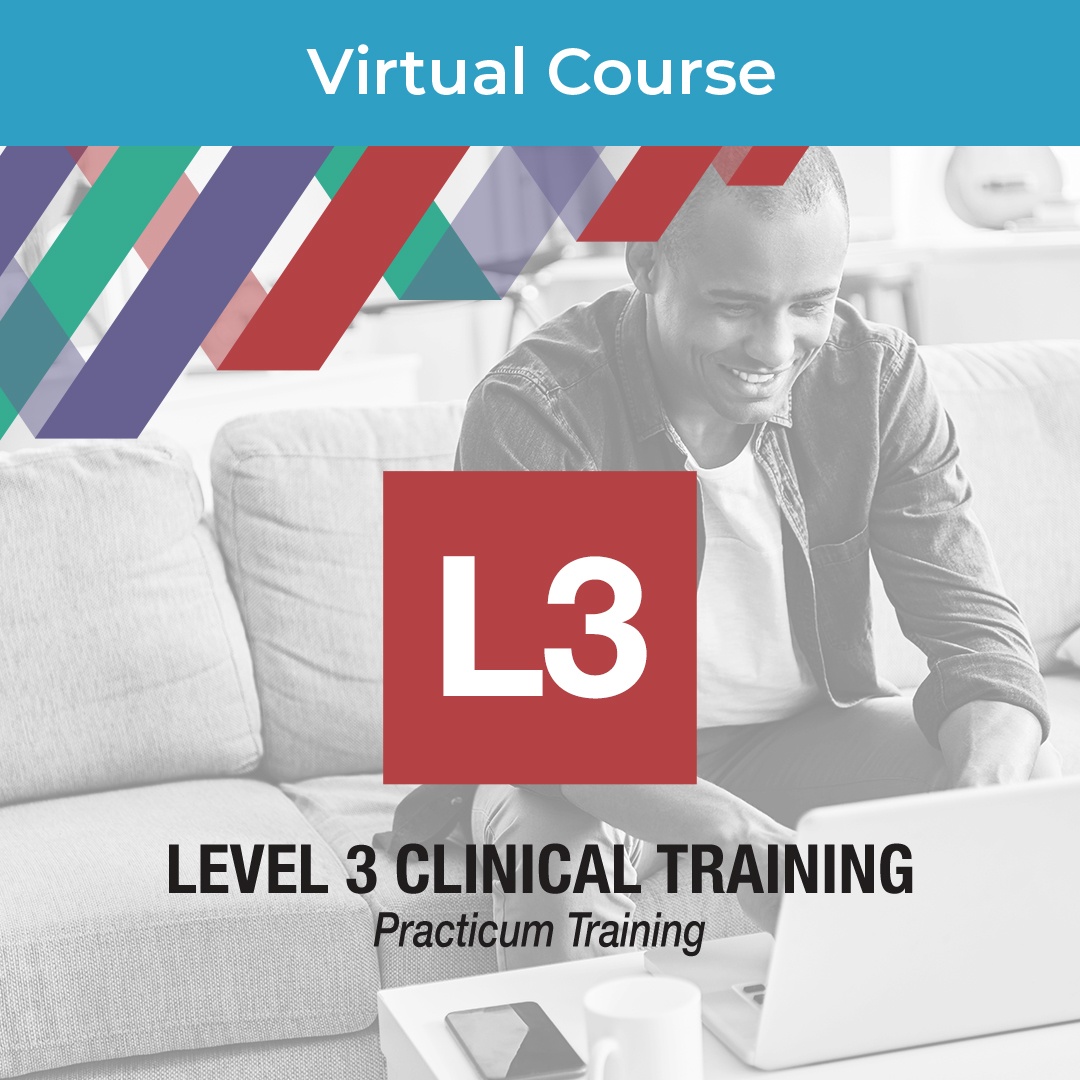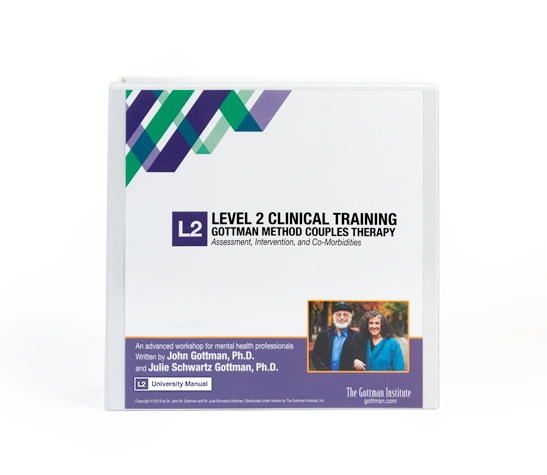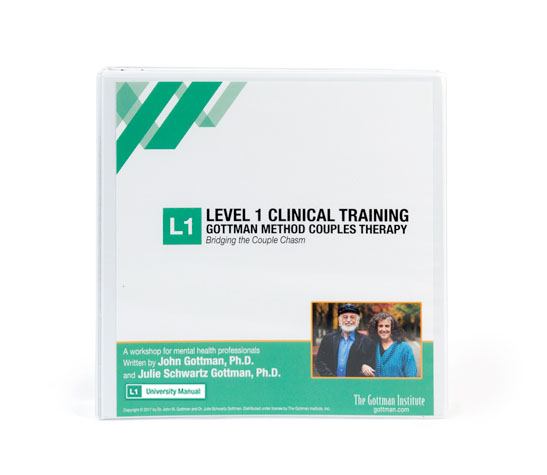There are many common experiences that you may have learning Gottman Method Therapy. I’d like to share some insights that hopefully will be helpful to you while learning this incredibly powerful way of working with couples.
Level 1 Training – Gottman Method Couples Therapy
For most of us, Level 1 Training is our introduction to 40+ years of Gottman research. It’s where we learn about the common myths about couples and couples therapy. We see how the Sound Relationship House theory was developed from the research, and we watch Dr. Julie Gottman demonstrate interventions with real clients.
My best advice for Level 1 students is to take it slow. You have access to the online material that you can review as often as needed. I have taken and taught Level 1 dozens of times and I can honestly say I learn something new every time I review the material. This is an incredibly rich and thorough training, but it is A LOT, so don’t panic when you can’t integrate theory with practice right away. Level 1 is the foundation that you can return to over and over again.
Level 2 Training – Assessment, Interventions, and Co-Morbidities
Level 2 is where we see more interventions demonstrated, this time with a more challenging couple. We learn how to work with common co-morbidities in couples therapy – affairs, addictions, domestic violence and PTSD. For many students, Level 2 can feel like things are starting to come together, but you may have questions about how to integrate the Gottman Method into existing ways of working with clients.
As a trainer, I recommend that you jot down your questions as you move through the Level 2 material. Think of cases you work with and how you could start to introduce some of the powerful interventions in your sessions. Are there specific issues you see in your practice? If so, think about how and when you might introduce some of the tools and how you could talk about some of the research findings with your clients.
Becoming a Certified Gottman Therapist
After Level 2, many of you will decide to continue on your journey to becoming a Certified Gottman Therapist (CGT). Next steps are to take a live (virtually or in person) 3-day Level 3 Practicum Training, which is wholly experiential. Students present their actual cases and the Trainer(s) demonstrate in real time an intervention that would be appropriate for that couple. There is a lot of time for small group roleplay practice.
Following Level 3, you can apply to the Certification Track, where you are assigned a Consultant by The Gottman Institute. Your consultant works with you to hone your skills and expand your knowledge. This is where the rubber really meets the road for many students.
Tips for Student Success
The progression of the trainings has been carefully designed to give you a deep understanding of the research, theory and practice of Gottman Method Therapy, and you are off to a great start with the Level 1 and 2 UOP program. Here are a few suggestions for success:
- Attend as many Q&A sessions as you can. It’s normal to feel a bit removed from the training process when you’re not in a room with the same people learning the same material at the same time. Take advantage of the different perspectives and levels of experience your Q&A session co-attendees will bring.
- Start incorporating what you’re learning right away. You don’t have to be perfect. Mastery comes with experimentation and practice with the interventions. Getting familiar with the key research findings and being able to explain them briefly to clients is a great way to gain confidence with the method.
- Be kind to yourself! This is a rich and rewarding way to work with clients and there is a lot to learn. It will take time to put all the pieces together, so give yourself permission to experiment and enjoy the process.
The NEW Gottman Relationship Adviser takes the guesswork out of improving your relationship. Measure your relationship health with a research-based self-assessment, then receive a tailored digital plan proven to heal and strengthen your connection.
Sign up for the Gottman Pro Newsletter and get updates on trainings, new courses, and professional opportunities delivered to your inbox!








